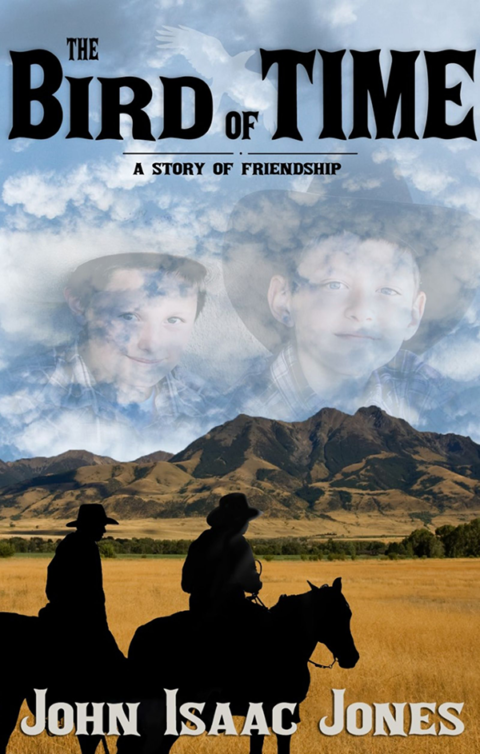In the course of my career as a Hollywood reporter, I spent countless days and weeks on death watch stories, when the US and world press—depending on the degree of fame of the subject—would congregate outside the home or the hospital where the star was lying on his/her deathbed.
But nothing had prepared me for what we witnessed at the time that beloved Sammy Davis Jr. was dying inside his Beverly Hills home.
Born in Harlem in 1925, Davis began his career in vaudeville at the age of three as a member of The Will Mastin Trio, a dancing and singing troupe that consisted of Davis, his father, and the group’s namesake.
After military service, Davis rejoined the group and they toured nationally, playing clubs, parties, and social events. Almost overnight, he began to achieve success on his own and became an A-list recording artist and actor.
He sang the title track for the 1954 film Six Bridges to Cross and later starred in the Broadway play Mr. Wonderful. In 1972, his song “The Candy Man Can” was the No. 1 single on the pop charts.
After becoming a member of the famous Frank Sinatra Rat Pack in 1959, he made several films with the group, and later had his own popular television show and became a headliner in Las Vegas.
At age twenty-nine, he lost his left eye in an auto accident, but the tragedy failed to dampen his love of show business. For almost a year, he wore a patch until he was fitted with a glass eye.
Shortly afterward, he converted to Judaism. Ironically, the accident took him from being a well-known entertainer to a national celebrity. He was a genius at making jokes about it.
Once before a golf match, Jack Benny asked Davis what his handicap was.
“Handicap?” Davis said. “Talk about handicap; I’m a one-eyed Negro Jew.” Over the years, that would become a signature quote for Davis.
In late 1989, Davis was diagnosed with throat cancer and doctors explained that surgery to remove his larynx would be the best solution. Davis replied he would rather keep his voice than have part of his throat removed and opted for a combination of radiation and chemotherapy.
Although this helped for a while, his condition worsened only weeks afterward and doctors sadly announced they could do nothing more.
Finally, over the days of May 13-16, 1990, the world’s press converged on his home to await his death. Never had I seen a mob of reporters like the one in front of Davis’s Summit Drive home in Beverly Hills.
A throng of more than three hundred journalists from around the world jammed traffic along the winding street and cops had to be called so the other residents of the exclusive canyon neighborhood could get in and out of their palatial homes.
Davis’s next-door neighbor called police after reporters trampled his strawberry patch; his neighbor across the street turned on sprinklers daily to prevent reporters from sitting on the front lawn. Since there was no parking or sidewalks on Summit Drive, old friends, seeking to pay last respects, had to be dropped off.
One showbiz friend in a wheelchair had to be wheeled almost two blocks to the house. Meanwhile, hungry reporters were taking photos and tag numbers of everyone who went in or came out of the house.
While the scene outside the home was nothing short of a three-ring circus, the scene inside was even more bizarre. Since late 1978, Davis had been a target of the IRS.
The agency claimed that not only had he been under-reporting his income, but they had disallowed several shelters he had claimed in recent returns. Also, in recent years, the IRS had been confiscating all of his income from shows, tours, and Las Vegas appearances to pay off the debt.
Now, as he lay dying, the tab was at $5.2 million and tax agents were not only assessing all of his personal possessions to sell at auction, but he was flat broke.
My source, a close friend of Davis’s wife Altovise, said the home was a veritable treasure trove of showbiz memorabilia. There was an estimated $1.5 million in jewelry, an Andy Warhol soup can painting valued at $25,000, signed photos of Davis pals Elvis Presley and Marilyn Monroe, his lavish costumes, more than three hundred musical scores he had written, expensive Remington statuary, an eight-foot-high fiber glass statue of a character from the Planet of the Apes and awards, plaques, and gold watches he had accumulated over the years.
Since Davis was broke and all his assets frozen, his Rat Pack pal Frank Sinatra was paying the bills at the home for food, water, gas, and lights.
While Davis’s wife Altovise was also responsible for the debt, she publicly claimed she was penniless for fear the agents would seize any monies she might have. As a result, inside sources said the wife prayed every day that the utilities in the home would remain in service until her husband died.
Finally, around noon on May 16, the publicist and the family announced Davis had passed. All of the busy hustle-bustle, the throng of world press, the cops, and the distraught neighbors were gone now.
All that remained were memories. I think you could make the argument that, upon a celebrity’s death, the reach of his fame can be determined by the geographical representation of the reporters assigned to cover his demise.
I had covered my share of death-watches, but I had never seen as broad a representation of world press as the one for Sammy Davis Jr. When I covered the wedding of Robert Wagner and Jill St. John in the Palisades, there was a reporter from Turkey.
That was the first time I had ever seen a press rep from such a far-flung locale. At Sammy Davis Jr.’s death watch, there was not only a reporter from Turkey, but press reps from England, France, Japan, and even Vietnam, probably the result of Davis’s appearances as an entertainer for our servicemen during the Vietnam War.
It was the one and only time I had ever seen a reporter from Vietnam at any Hollywood event. It was a first and a moment to be remembered. Now that’s what I call true worldwide fame.
R.I.P Sammy!!





